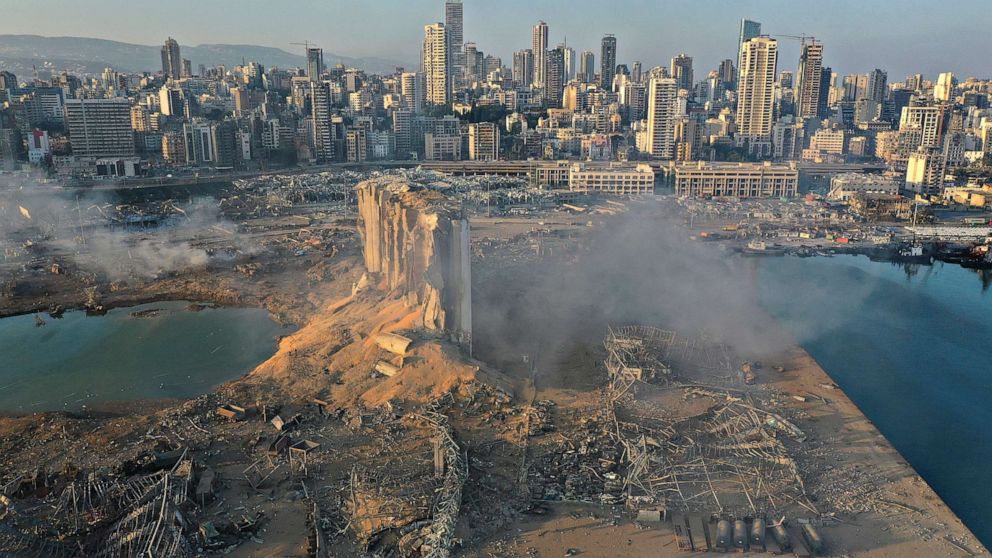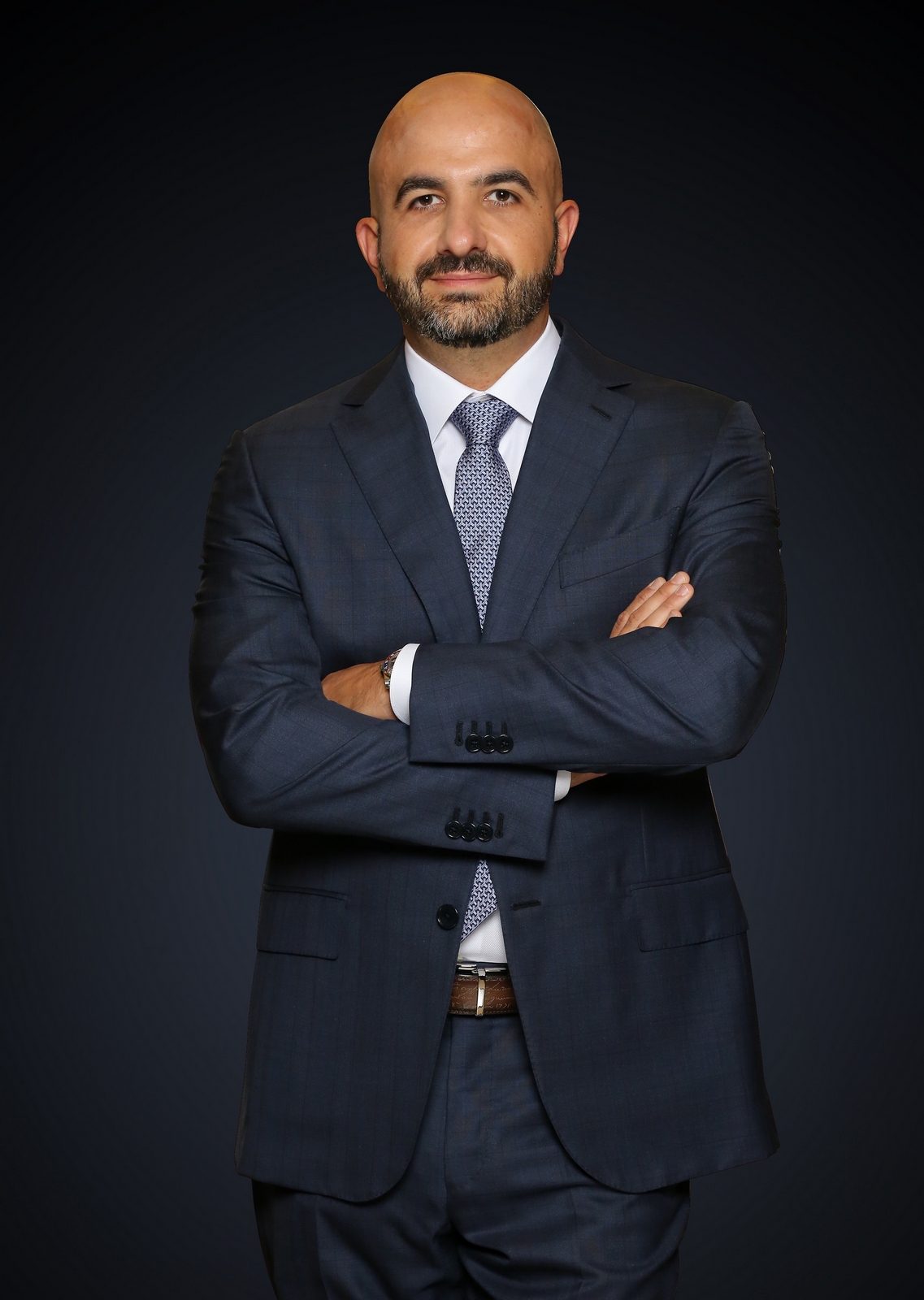To become a leading civil society platform for sustainable development projects and initiatives on social, economic, and cultural levels in Lebanon.
To create and support projects and
initiatives that aim to rebuild and strengthen the domestic economy, develop
the overall socio-economic situation, particularly for the youth.
To effectively utilize and match the
know-how, financial power, network and experience of the Lebanese diaspora
directly to where it is needed most.

Regional and civil wars, political
instability, failure of institutions, corruption, nepotism, and economic
recessions may have become the Lebanese “norm”, but none of these could break
the positive spirit of the people or their joy for life and their admiration
for their country. Despite all challenges, Lebanon was a great tourism
destination. Beirut was a vibrant city full of life and positive energy and the
country seemed to find an answer to any type of social, political, or
economical problem.
The devastating incident that shook the
soul of every Lebanese in and outside of the country was the horrific explosion
in Beirut in August 2020. The world was in shock about the death toll, the unbelievable
force of destruction, and the damage to the livelihood of the people in Beirut.
But for many Lebanese people, this incident was more than the sum of its direct
impact. It damaged their seemingly untouchable spirit, as they had to grasp the
reality that something in their country is broken. They had to understand that
the greatest explosion in the history of their country wasn’t caused by an
outside enemy. It wasn’t an act of war or civil unrest. It was the direct
consequence of a failing state. A state that was known for corruption,
nepotism, and failure in many areas of governance. However, this time, the
incompetence of the state and the negligence of the leadership have caused a
historic disaster, killing its people and destroying their homes and
businesses. The nation had hit “rock bottom” not only without leadership but
because of it.
Nevertheless, immediately after the
explosion in those hours of pain, anger, and agony, the people took over the
duties of their failed government supporting each other, helping the injured, cleaning
the roads, and hosting those who lost everything. Even days and weeks after the
incident the communities tirelessly cared for their members. At this time, the
civil society was the most effective organ in the country. This was the moment when Hani
Saliba decided to create a foundation to support civil society in every way
possible.
The shockwave of the Beirut explosion
reached and moved all Lebanese people including the over 16 million expatriates
living outside Lebanon. The Lebanese diaspora has always played a key role in
the development and survival of the country in the past decades. They are
well-educated, successful in their businesses in different sectors, and
respected members of their communities abroad. Yet they still visit Lebanon
regularly, and possess a close emotional connection and deep sense of
responsibility to their homeland and their heritage.
 www.hanisaliba.com
www.hanisaliba.com
